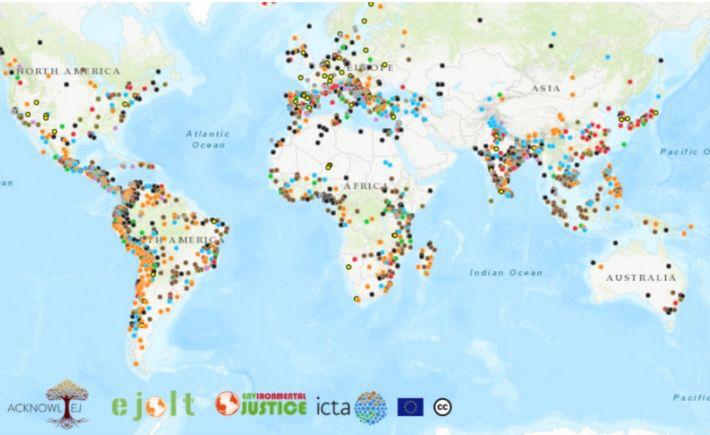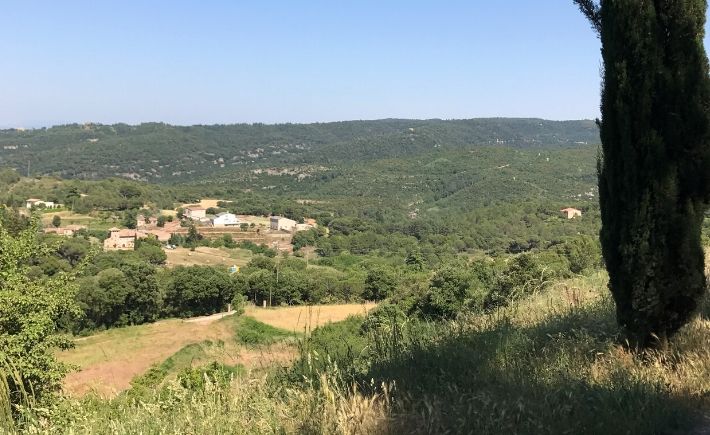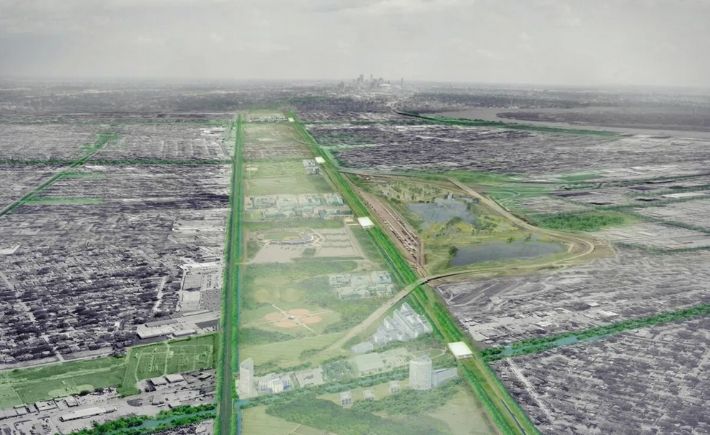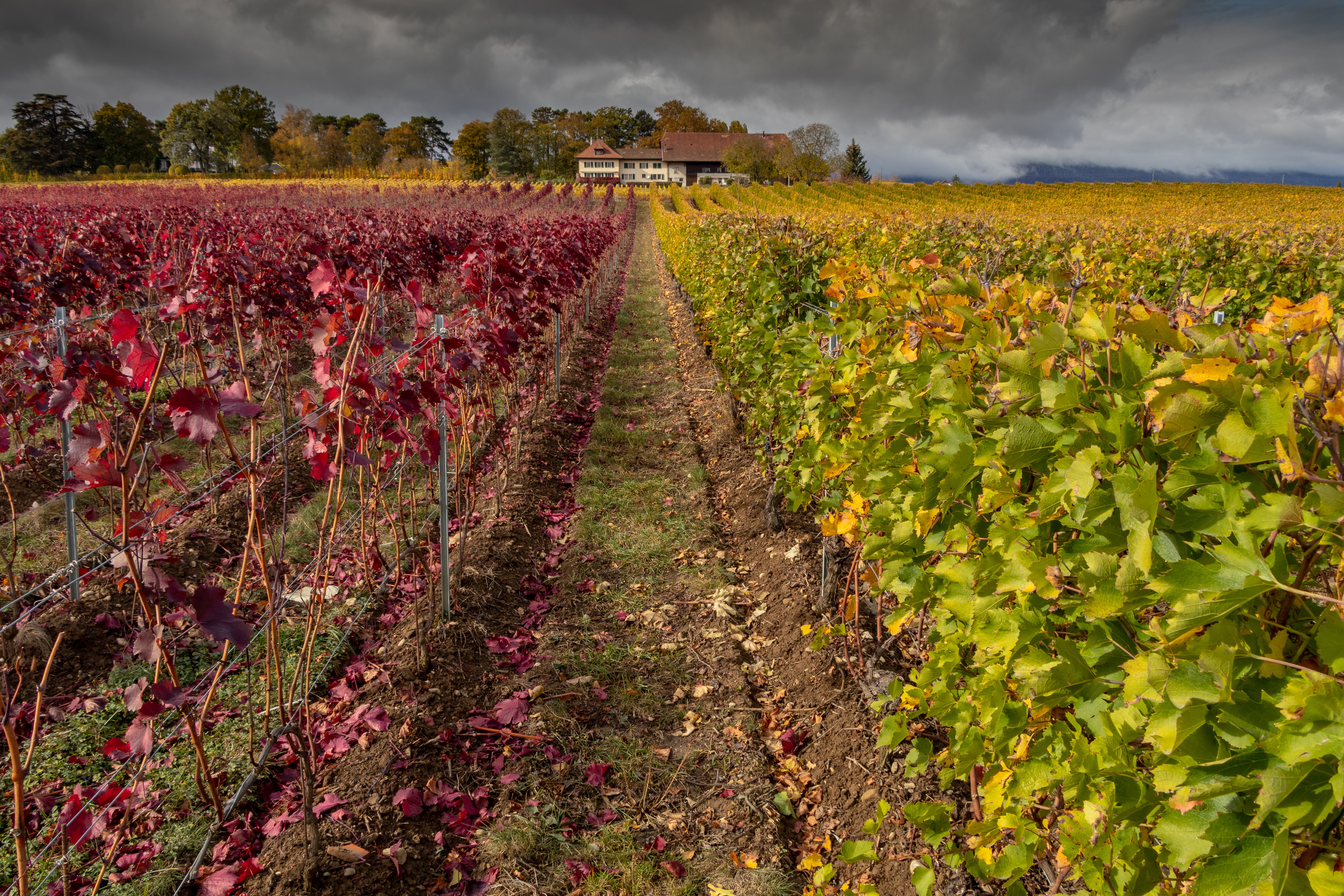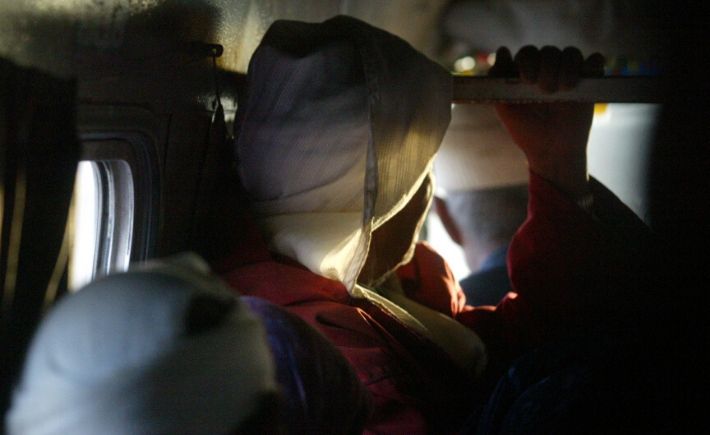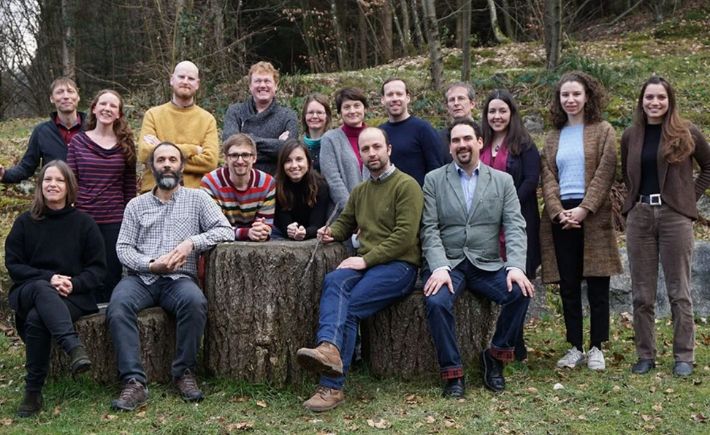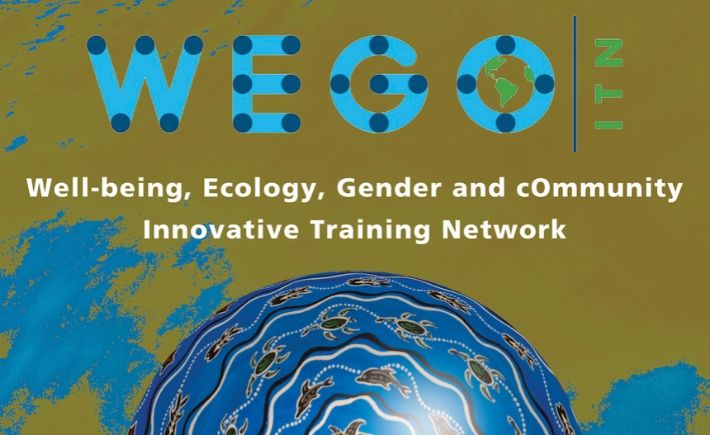
COSMOS
COSMOS (Commons and Social Movements for Societal transformations) is a research project funded by the Spanish government's "Programa Estatal de I+D+i". During the last years we are witnessing the emergence of a series of social mobilizations that embody what we call "commoning". The Occupy Movement in the United States, the Indignados in Spain and Greece, the Gezi Park in Istanbul and the Environmental Justice Movements in the global south express this increasingly visible form of struggle through and for the commons.

